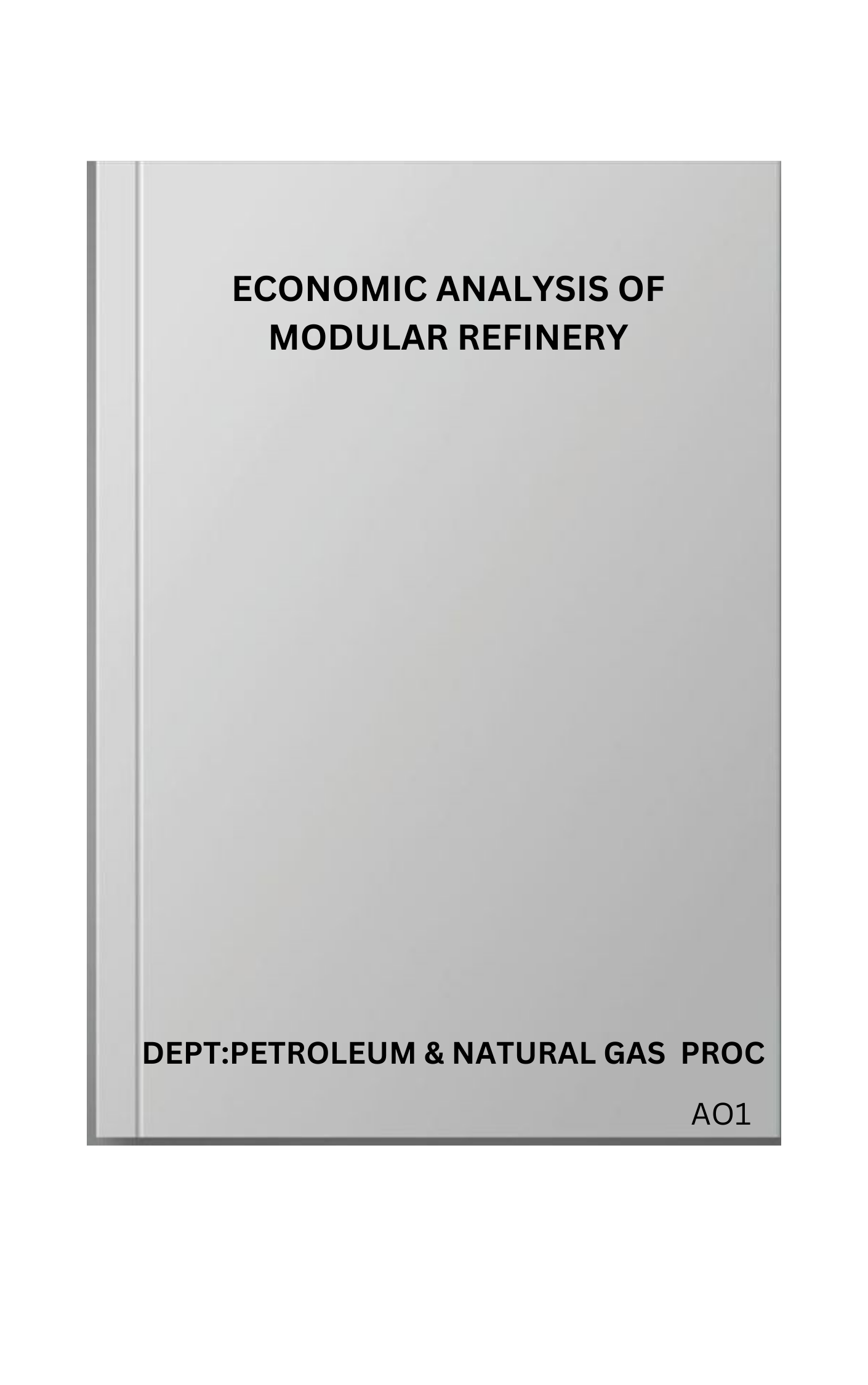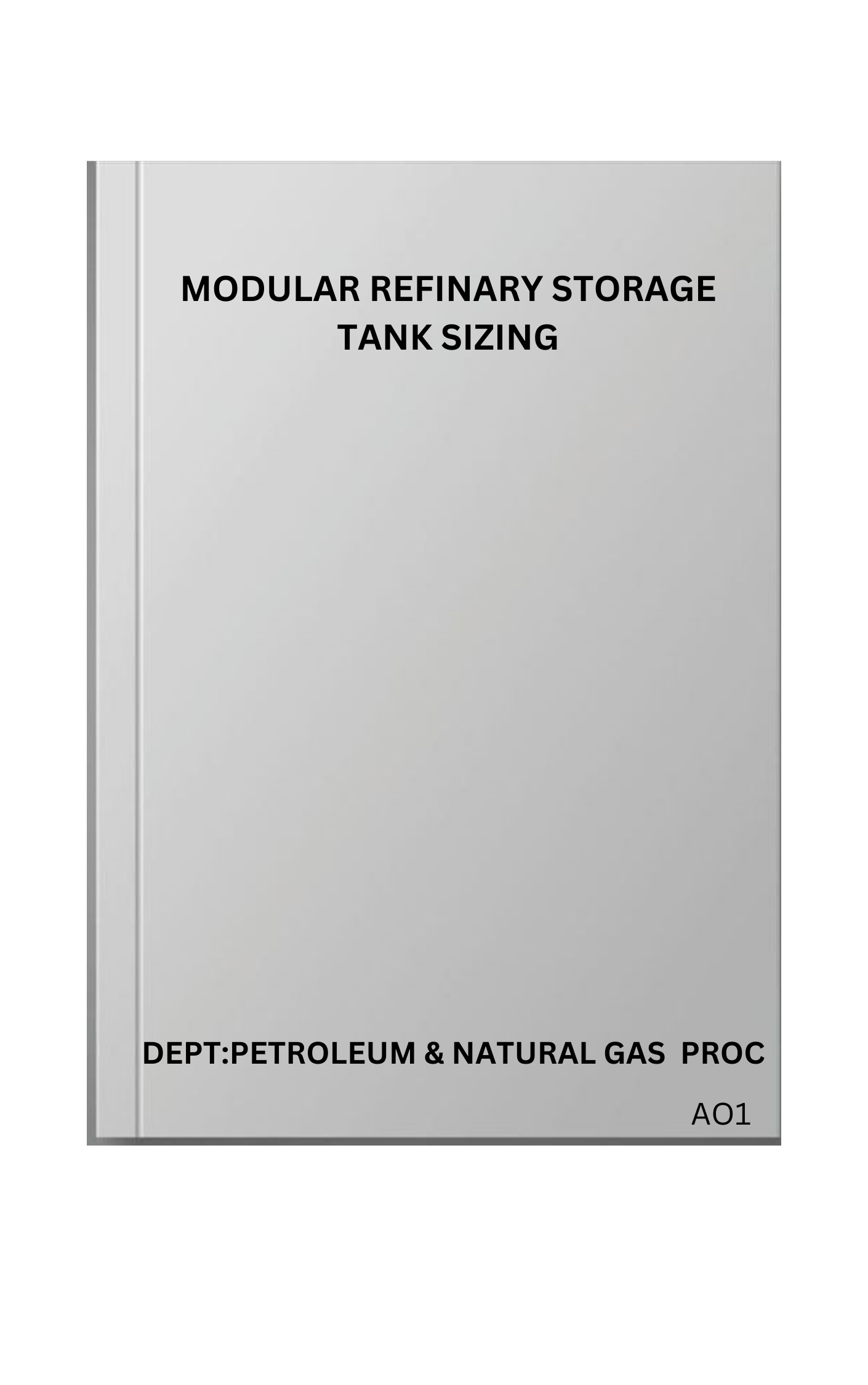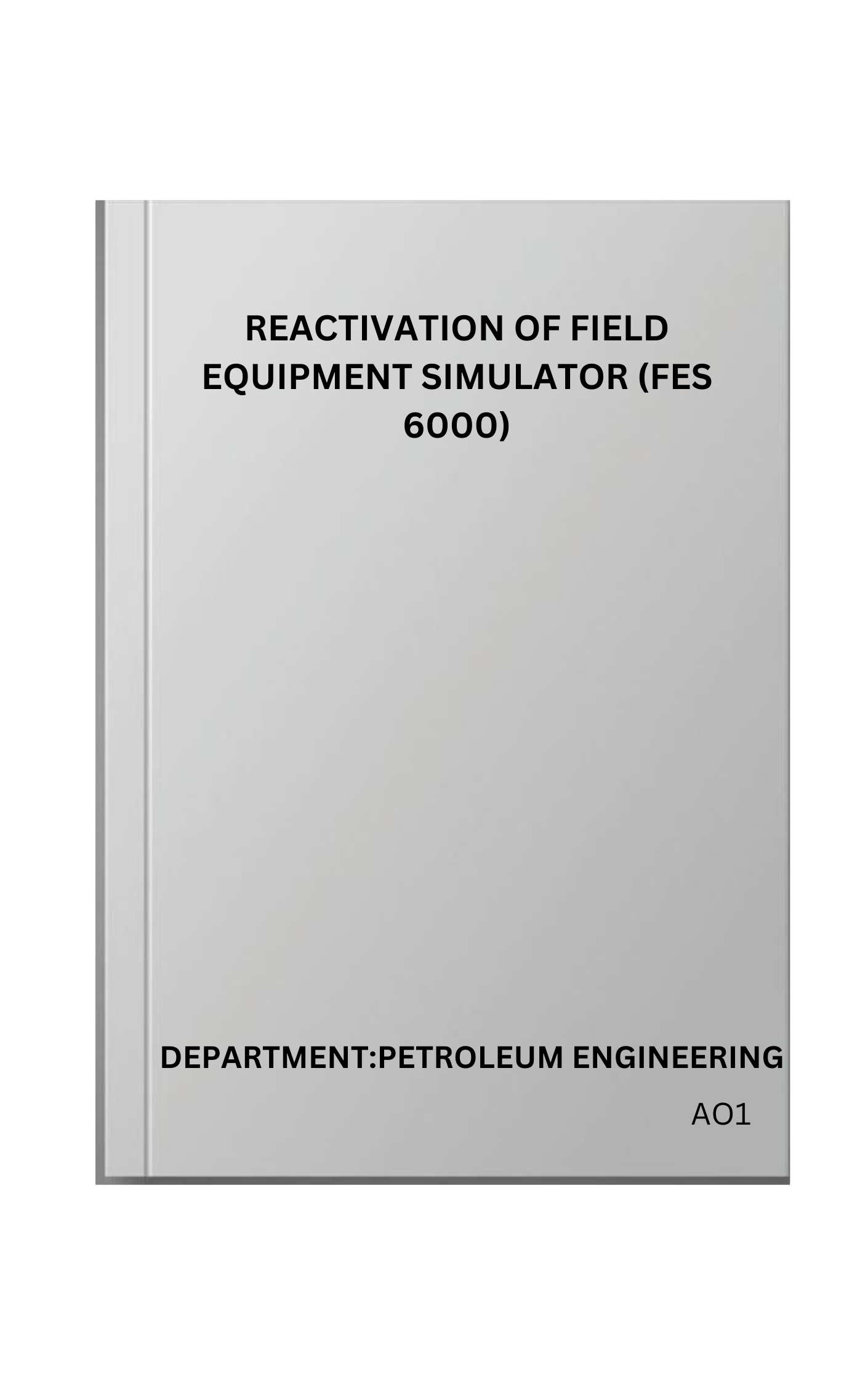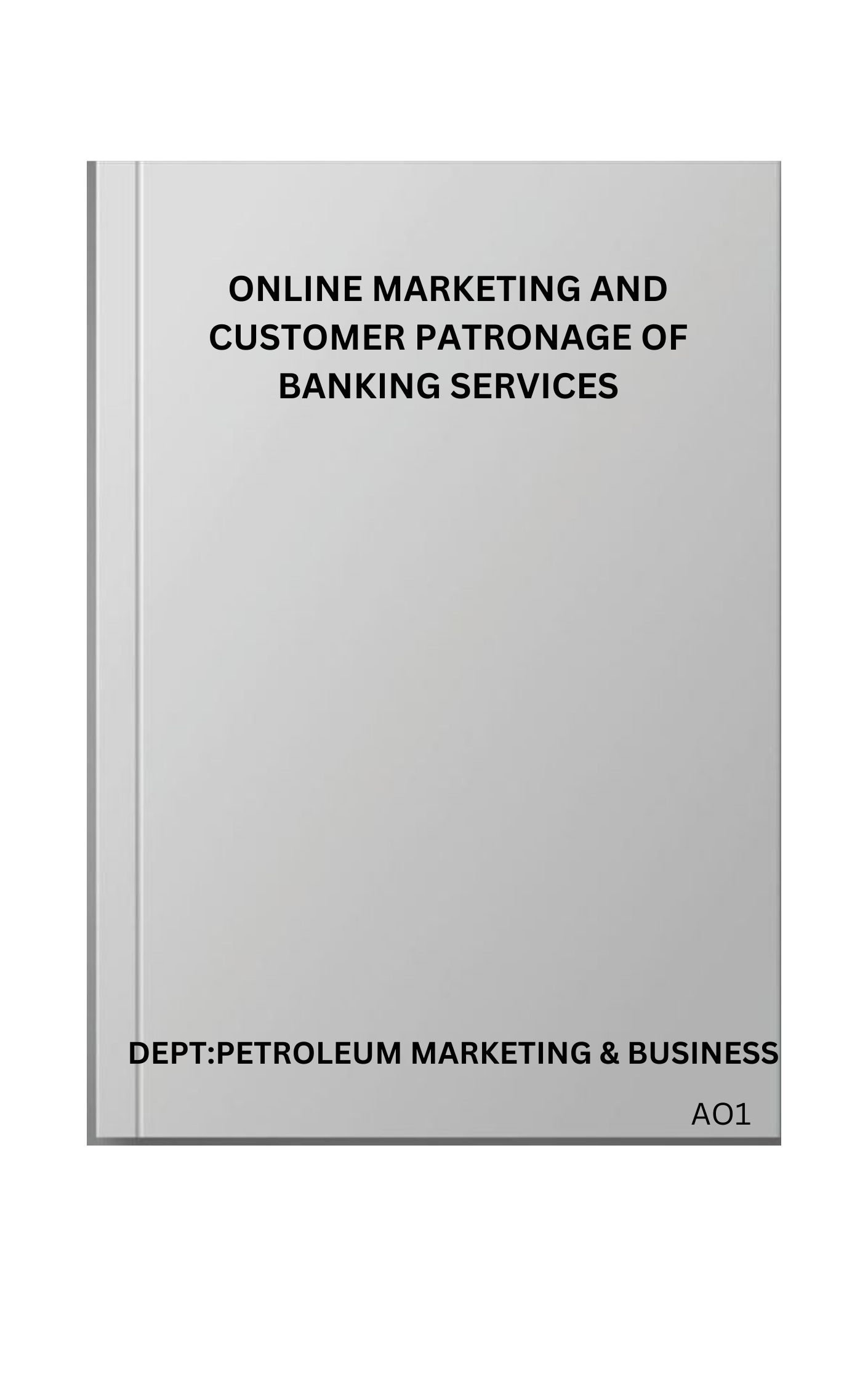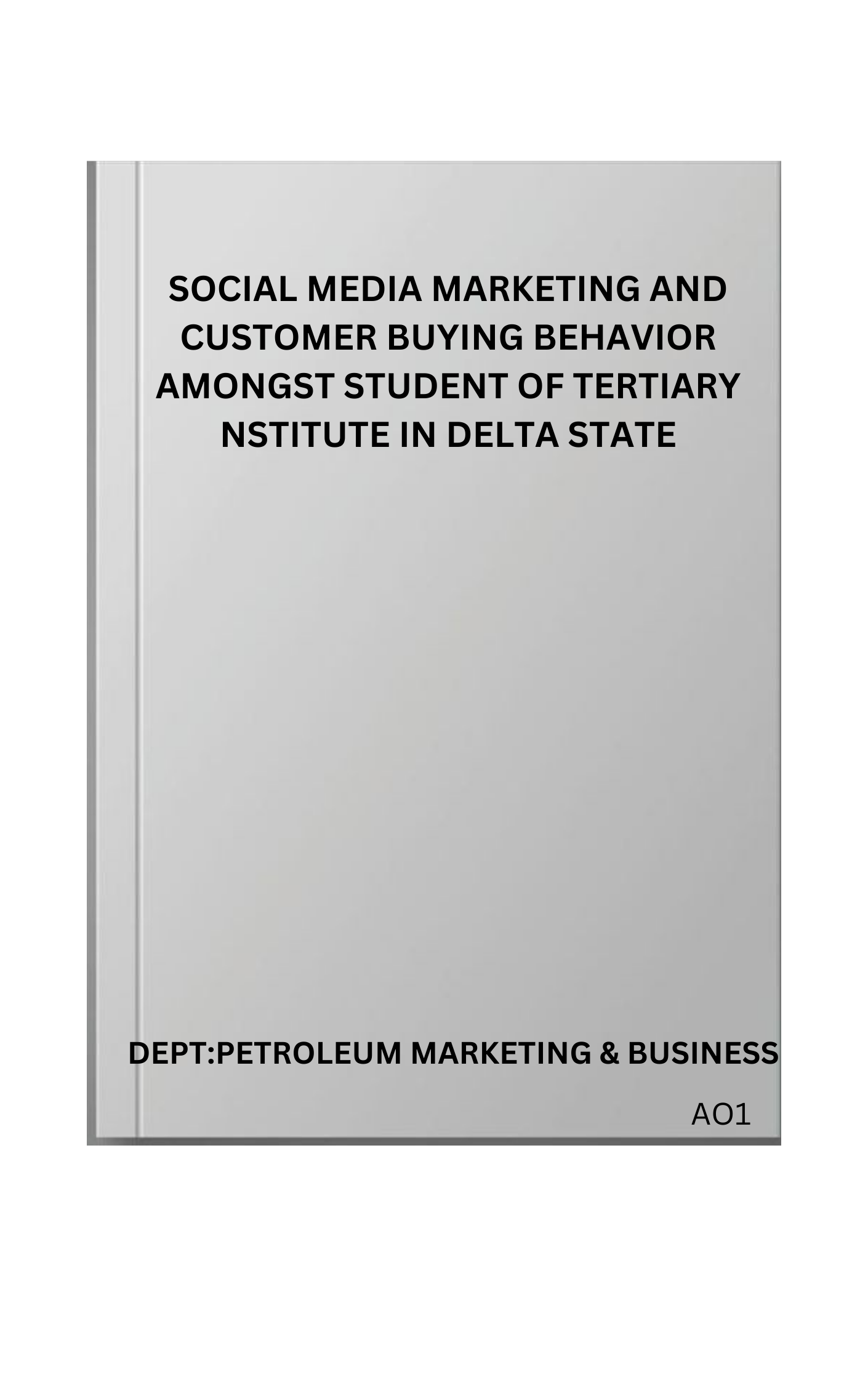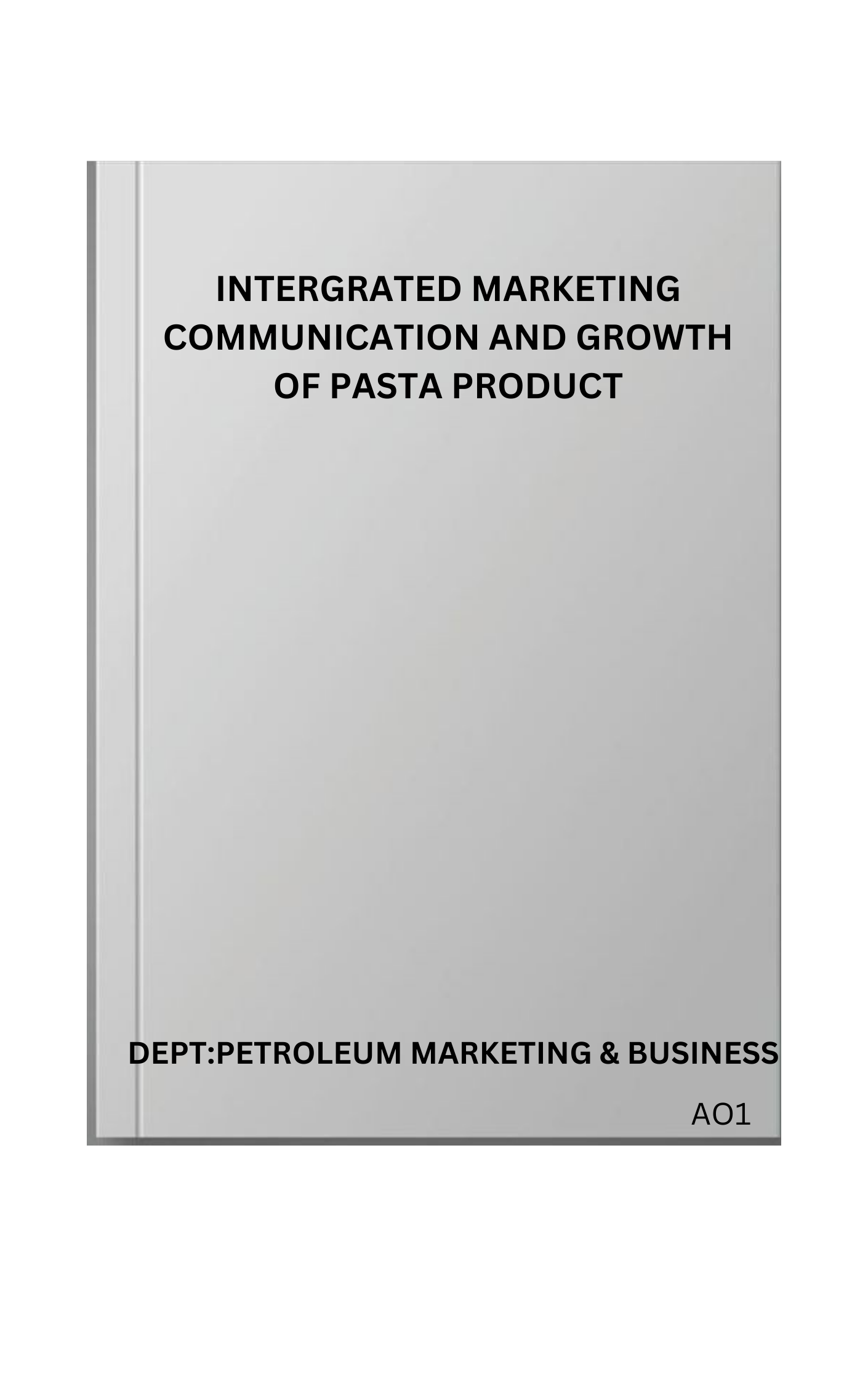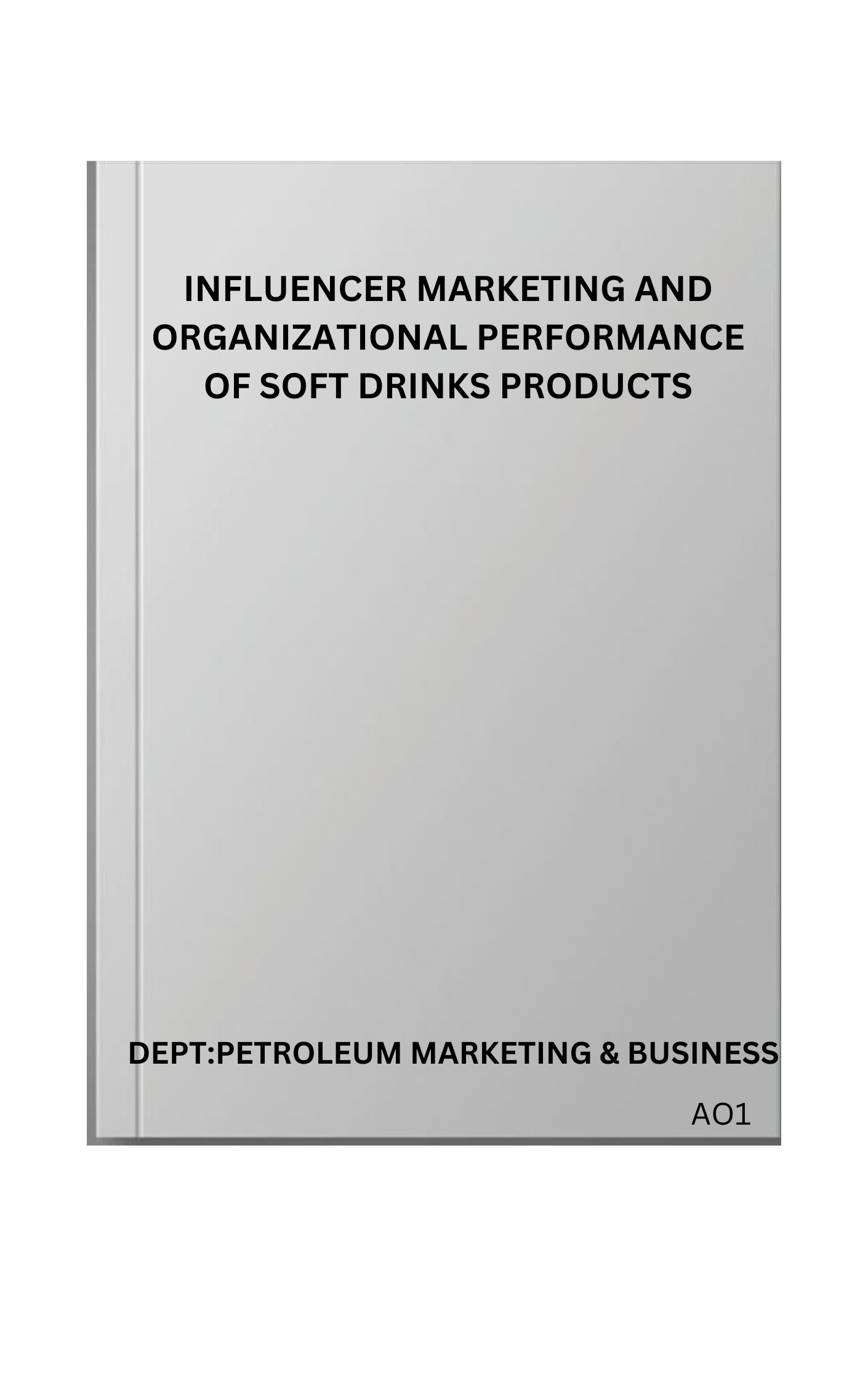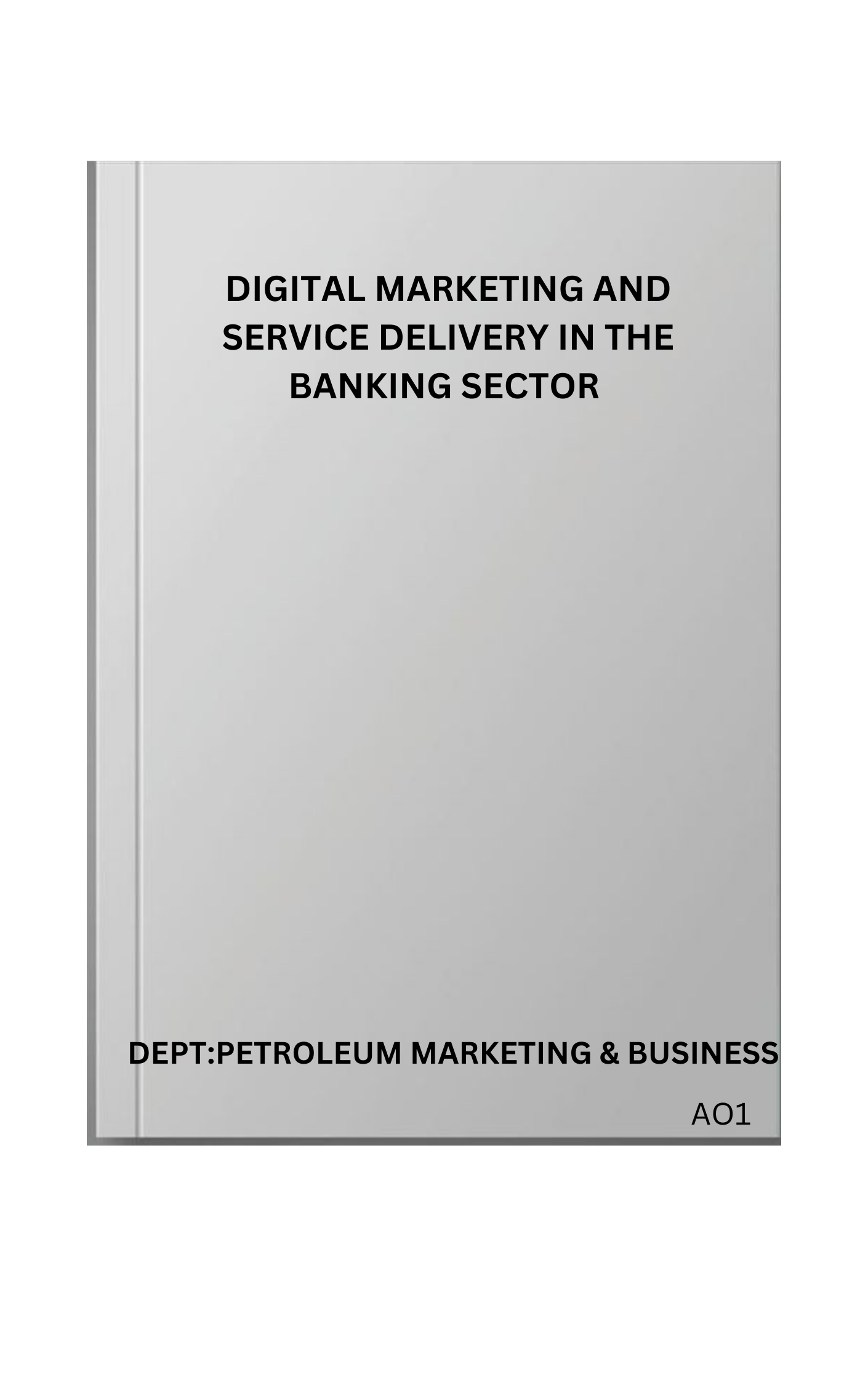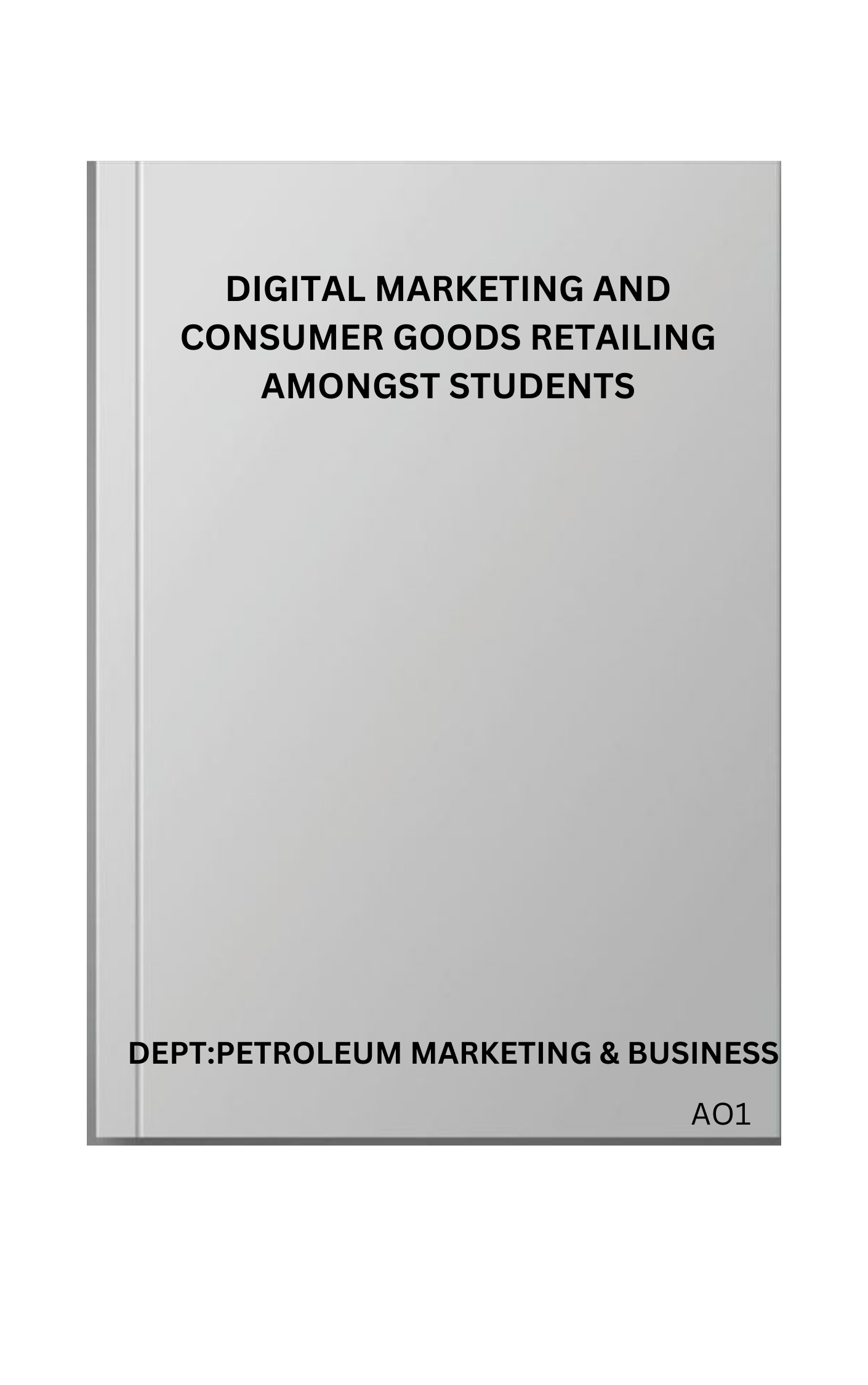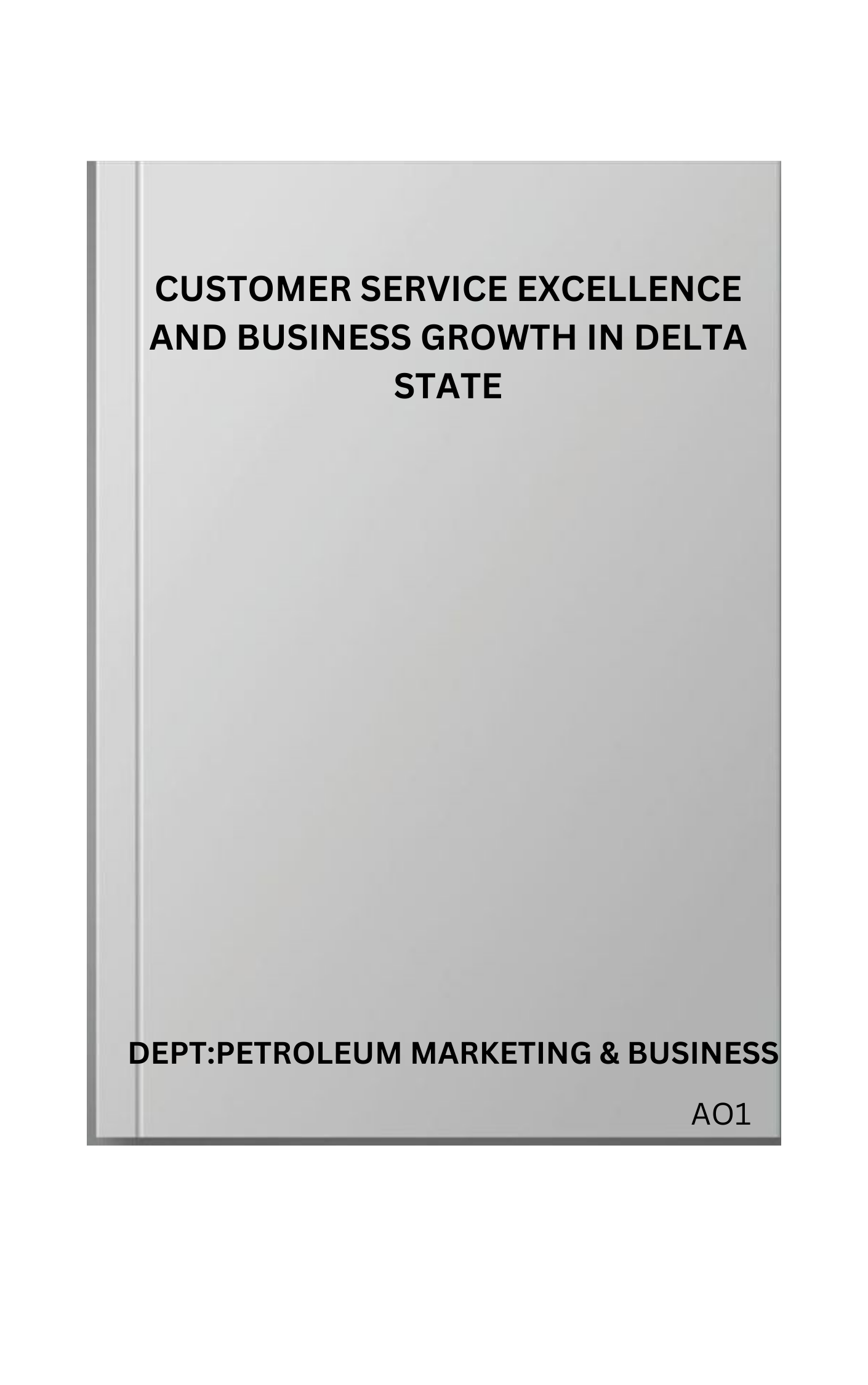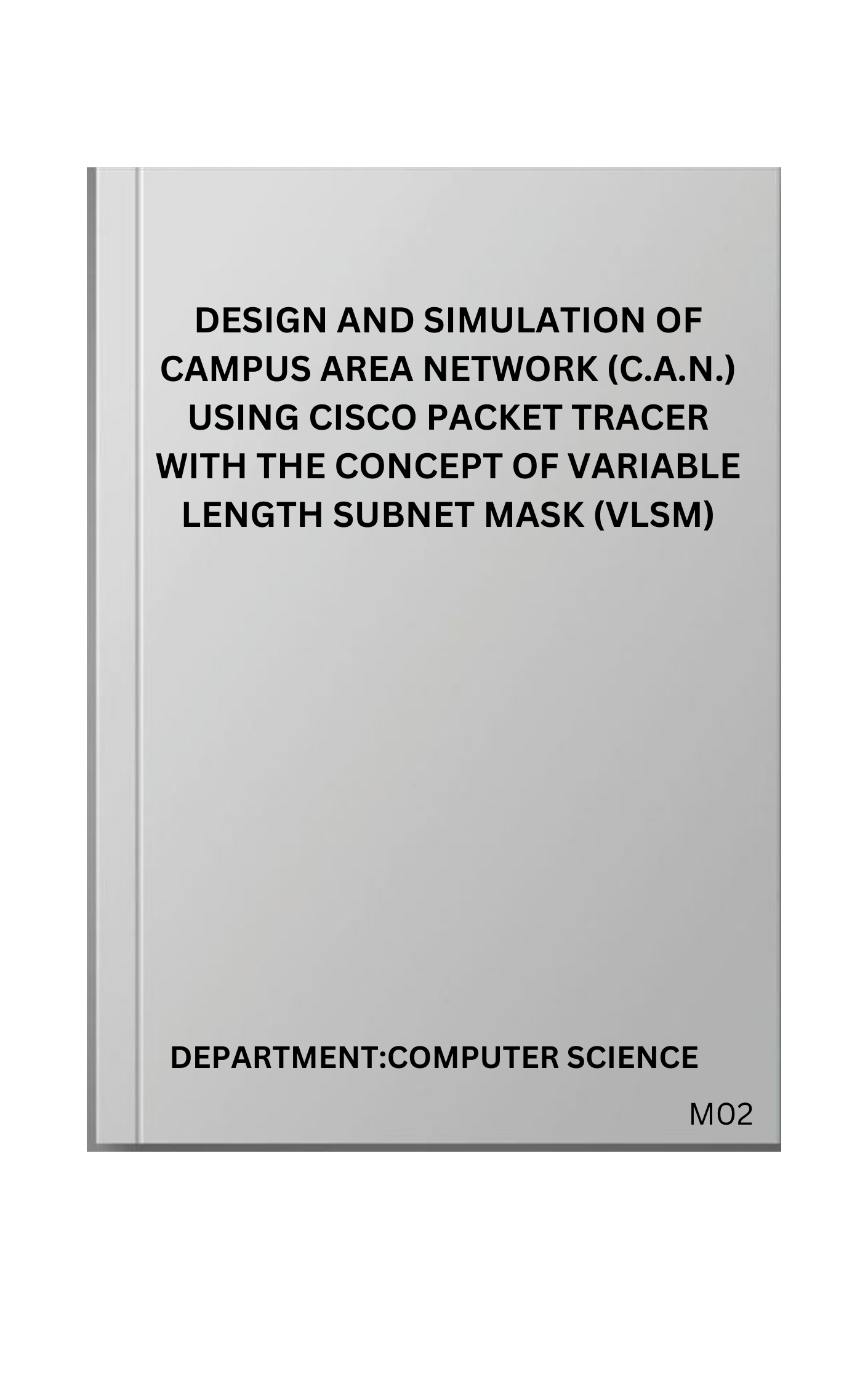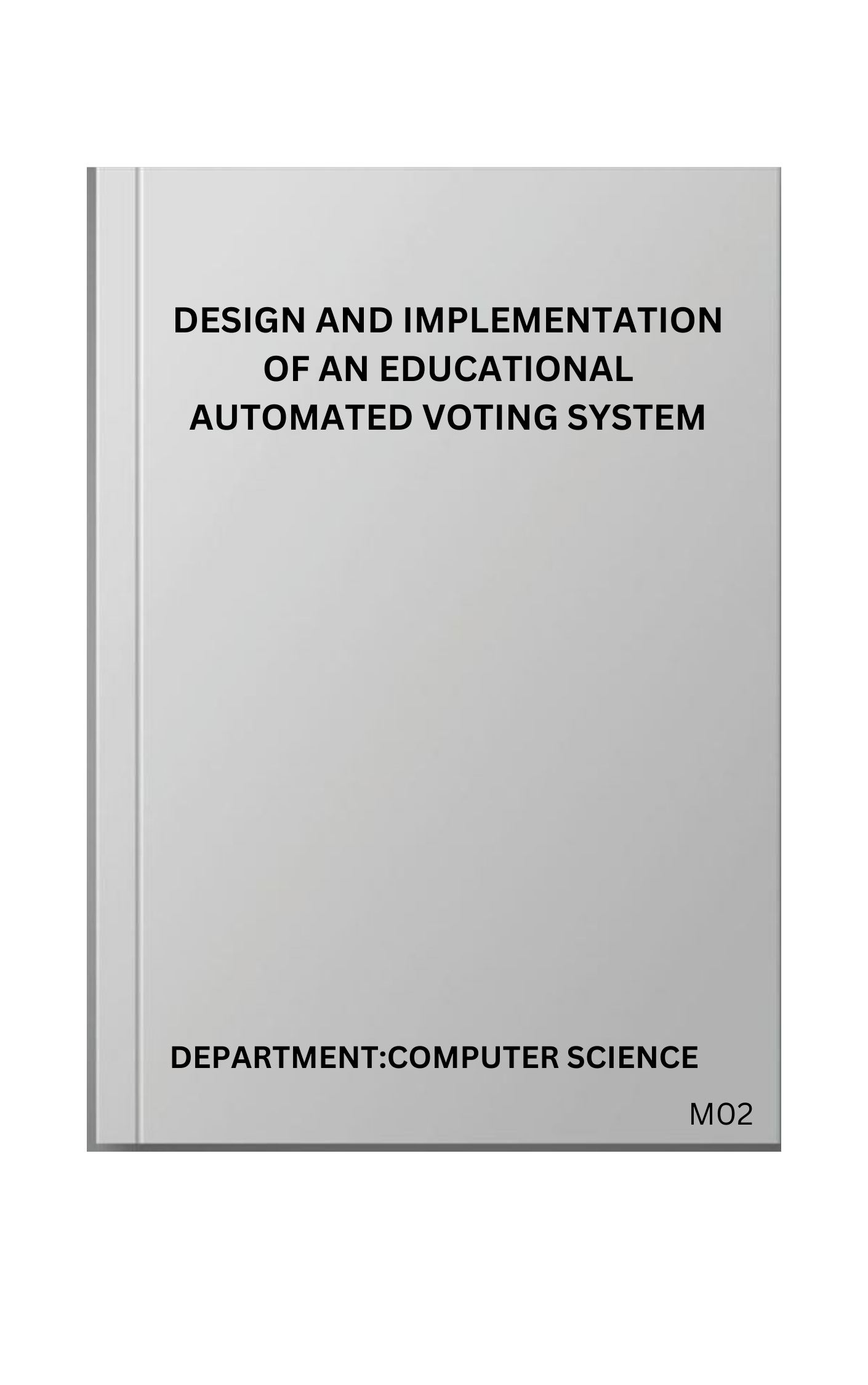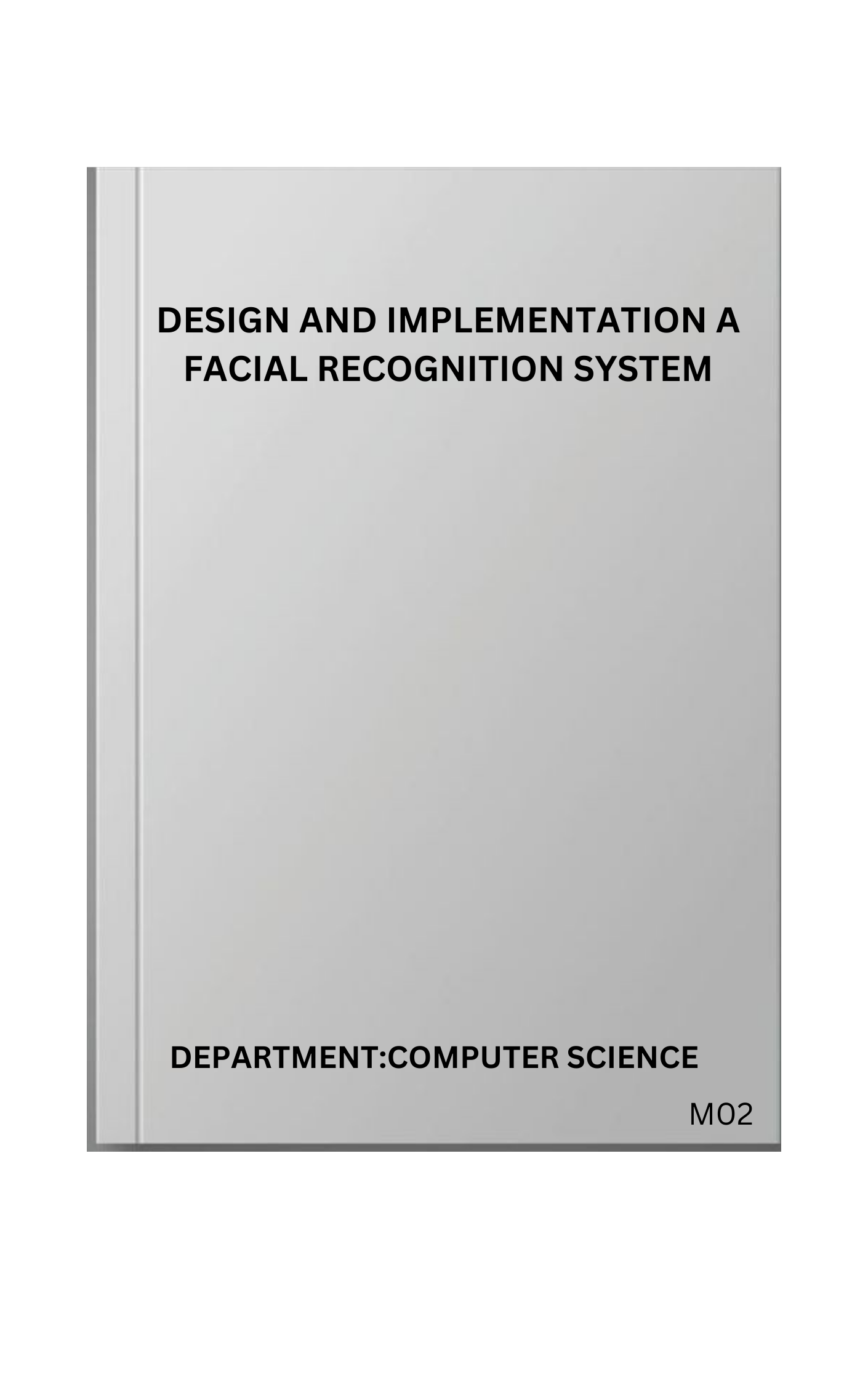CHAPTER ONE: INTRODUCTION
1.1 Background to the Study
Small-scale enterprises (SSEs) are pivotal to the global economy, particularly in emerging markets where they contribute significantly to employment, innovation, and economic dynamism. Within the beverage industry, SSEs play an essential role by providing diverse product offerings, catering to niche markets, and driving competition (Momoh, Dare & Akeem, 2019). Marketing strategies are critical determinants of the performance of SSEs, encompassing various elements such as product development, pricing, distribution (place), and promotion. However, these enterprises often face challenges in effectively implementing these strategies due to limited resources and intense market competition (Mustapha, 2017).
Product strategies involve the development and management of unique beverage offerings that meet consumer preferences and stand out in a crowded marketplace. Innovations in product design, quality, and packaging can significantly enhance the marketability and competitive edge of SSEs in the beverage industry. However, limited resources for research and development pose a challenge for many SSEs (Faleye, 2022).
Pricing strategies are crucial for determining the perceived value of products, influencing consumer purchase decisions, and maintaining profitability. SSEs must balance competitive pricing with cost structures to ensure sustainability. Price sensitivity among consumers and fluctuating input costs further complicate pricing decisions. Effective pricing strategies can enhance market share and overall performance, but missteps can lead to financial instability (Ene & Uduma, 2022).
Distribution strategies enable SSEs to ensure their products are accessible to the target market. Effective management of distribution channels can enhance market reach and customer convenience. However, SSEs often struggle with limited access to efficient distribution networks and face competition from larger companies for shelf space and market penetration. Overcoming logistical constraints and ensuring product quality throughout the distribution process are critical for maintaining a strong market presence (Faleye, 2022).
Promotional strategies are essential for creating brand awareness, engaging consumers, and driving sales. SSEs often face challenges due to limited marketing budgets and lack of expertise. Effective promotion can differentiate an SSE’s products in the marketplace and directly impact sales performance and brand loyalty. However, measuring the return on investment for promotional activities remains a challenge, complicating efforts to optimize marketing expenditures (Bello, Jibir & Ahmed, 2018).
Understanding the impact of these marketing strategies on the performance of SSEs in the beverage industry is vital. By identifying the most effective approaches, SSEs can better allocate their limited resources, enhance competitiveness, and achieve sustainable growth. This study aims to provide insights into how different marketing strategies influence the performance outcomes of SSEs, offering guidance for practitioners and policymakers in the beverage sector.
1.2 Statement of the Problem
Small-scale enterprises (SSEs) in the beverage industry face significant challenges in implementing effective marketing strategies, impacting their overall performance. Key issues include determining optimal pricing strategies that balance profitability, consumer affordability, and competitive positioning. Price sensitivity, intense competition, and fluctuating input costs complicate these decisions (Bello et al., 2018). SSEs also struggle with designing and executing promotional strategies due to limited budgets, lack of expertise, and fragmented media channels and measuring the ROI of these activities is challenging. Distribution channel management presents further difficulties, including limited network access, competition for retail space, and logistical constraints. Maintaining product quality and brand image throughout complex supply chains is also problematic. Additionally, developing products that meet consumer preferences, differentiate from competitors, and adapt to market trends is critical yet challenging due to limited R&D resources, production scalability issues, and regulatory compliance. Addressing these challenges related to pricing, promotion, place, and product strategies is essential for improving the performance and competitiveness of SSEs in the beverage industry (Mustapha, 2017).
In response to these problem this research seeks to investigate the effect of marketing strategies on the performance of small scale enterprises.
1.3 Research Questions
The research seeks to answer the following
1.Does the adoption of innovative product marketing strategies positively affect the performance of small-scale beverage enterprises?
2.Does the implementation of competitive pricing strategies influence the performance of small-scale beverage enterprises?
3.Does the strategic selection of distribution channels (place) significantly affect the performance of small-scale beverage enterprises?
4.Does effective promotional strategy implementation correlate with improved performance outcomes for small-scale beverage enterprises?
PAY TO GET FULL PROJECT






